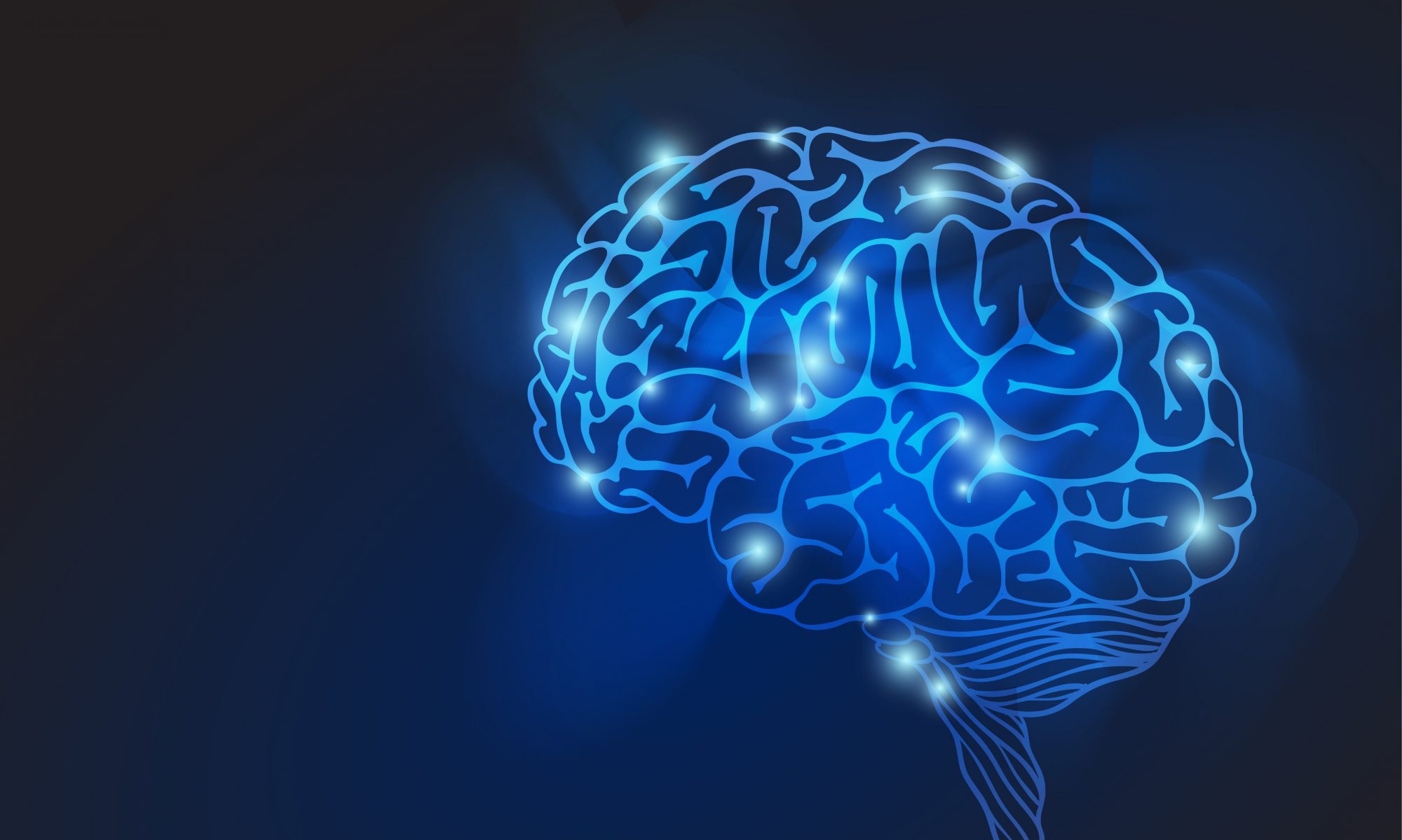Our trainees review webinars in their given fields and share abstracts to help colleagues outside their discipline make an informed choice about watching them. As our program bridges diverse disciplines, these abstracts are beneficial for our own group in helping one another gain key knowledge in each other’s fields. We are happy to share these here for anyone else who may find them helpful.
Artificial Intelligence in Chemistry
James Collin, Ph.D. , Jurgen Cox, Ph.D., Yugal Sharma, Ph.D., Angela Zhou, Ph.D.
06/2021
ACS Webinar-CAS
Recent advances in computer technology have paved the way for the use of artificial intelligence to solve several challenging tasks in science, economics, humanities, etc. Today, we all use some form of artificial intelligence technology directly or indirectly in our daily lives. In this webinar, the panelists discuss current trends and future applications of artificial intelligence in chemical sciences.
The discussion was opened by James Collins, a professor of biological engineering from MIT. Professor Collins talks about how his lab and collaborators have employed artificial intelligence to discover new drugs for antibiotic-resistant bacteria. In, brief, they developed a library of about a billion compounds including all FDA-approved antibiotics, and trained them against resistant staphylococcus strains. The trained library was used to discover new putative antibiotics which have structures dissimilar from the already existing ones with high potency.
Professor Jurgen Cox, from Max Plank Institute, explained the current application of artificial intelligence in proteomics. He discussed how they have developed artificial intelligence platforms that have been integrated into analyzing complex mass spectrometry data. These implementations have improved the efficiency and time in protein identification and quantitation. Their technology allows online data analysis, i.e., running samples and getting results simultaneously, which will effectively facilitate the drug discovery process as well as predicting a disease state.
The moderator, Angela Zhou, stepped in to discuss some data on the utilization of artificial intelligence in some major chemistry subdisciplines based on published articles in each division. She noted that there has been a sharp increase in the use of artificial intelligence in almost all chemistry divisions since 2015. However, analytical chemistry, chemical engineering, and industrial chemistry recorded the highest number of AI-related publications since 2015, whereas natural product chemistry, synthetic polymers, and organic had the least AI-related publications. The high increase in the use of AI in analytical chemistry compared to other disciplines was attributed to data maturity, robustness, and data output from highly advanced instruments. To add to this, AI has enhanced interdisciplinary research, e.g., the application of analytical tools in solving biochemical problems.
The panelist went on to further discuss the challenges in integrating artificial intelligence in chemical science research. Prof. Collin highlighted that the knowledge gap that exists between chemical researchers and AI is the driving force that has led to the limited utilization of AI in some chemical research. Nonetheless, Yugal Sharma, a Snr. director at CAS, opined that AI is now becoming more accessible to researchers in the way that they do not require intense programming skills, which will help boost its utilization in chemical sciences. He also highlighted how today’s problem is very sophisticated, requiring data from different experts to answer questions. The application of AI to integrate these different data sets will therefore help facilitate our discovery process.
We can infer from this discussion that AI is enabling chemical research and will have a major role in our future discovery processes.


